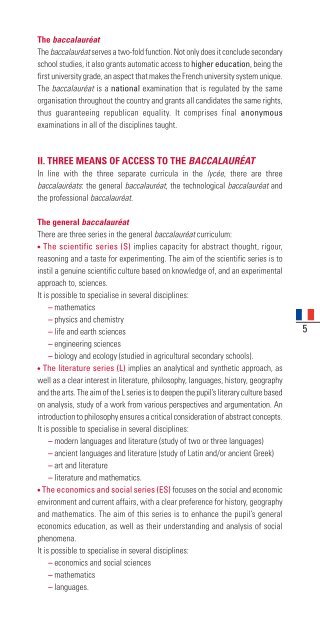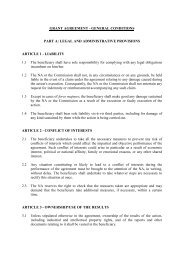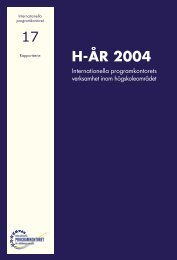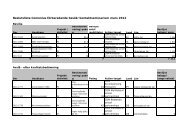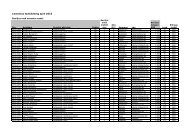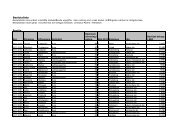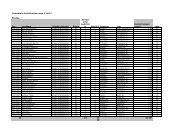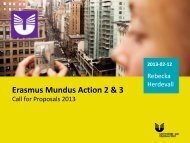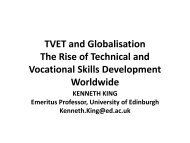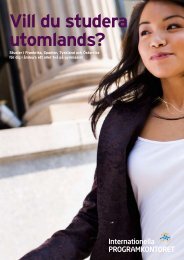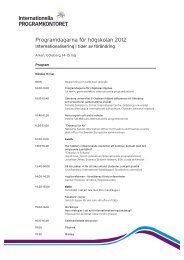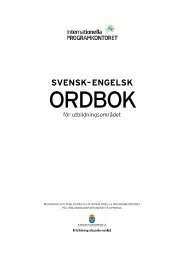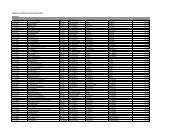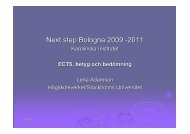Baccalauréat, A-levels, Abitur, Bachillerato
Baccalauréat, A-levels, Abitur, Bachillerato
Baccalauréat, A-levels, Abitur, Bachillerato
You also want an ePaper? Increase the reach of your titles
YUMPU automatically turns print PDFs into web optimized ePapers that Google loves.
The baccalauréat<br />
The baccalauréat serves a two-fold function. Not only does it conclude secondary<br />
school studies, it also grants automatic access to higher education, being the<br />
first university grade, an aspect that makes the French university system unique.<br />
The baccalauréat is a national examination that is regulated by the same<br />
organisation throughout the country and grants all candidates the same rights,<br />
thus guaranteeing republican equality. It comprises final anonymous<br />
examinations in all of the disciplines taught.<br />
II. THREE MEANS OF ACCESS TO THE BACCALAURÉAT<br />
In line with the three separate curricula in the lycée, there are three<br />
baccalauréats: the general baccalauréat, the technological baccalauréat and<br />
the professional baccalauréat.<br />
The general baccalauréat<br />
There are three series in the general baccalauréat curriculum:<br />
• The scientific series (S) implies capacity for abstract thought, rigour,<br />
reasoning and a taste for experimenting. The aim of the scientific series is to<br />
instil a genuine scientific culture based on knowledge of, and an experimental<br />
approach to, sciences.<br />
It is possible to specialise in several disciplines:<br />
– mathematics<br />
– physics and chemistry<br />
– life and earth sciences<br />
– engineering sciences<br />
– biology and ecology (studied in agricultural secondary schools).<br />
• The literature series (L) implies an analytical and synthetic approach, as<br />
well as a clear interest in literature, philosophy, languages, history, geography<br />
and the arts. The aim of the L series is to deepen the pupil’s literary culture based<br />
on analysis, study of a work from various perspectives and argumentation. An<br />
introduction to philosophy ensures a critical consideration of abstract concepts.<br />
It is possible to specialise in several disciplines:<br />
– modern languages and literature (study of two or three languages)<br />
– ancient languages and literature (study of Latin and/or ancient Greek)<br />
– art and literature<br />
– literature and mathematics.<br />
• The economics and social series (ES) focuses on the social and economic<br />
environment and current affairs, with a clear preference for history, geography<br />
and mathematics. The aim of this series is to enhance the pupil’s general<br />
economics education, as well as their understanding and analysis of social<br />
phenomena.<br />
It is possible to specialise in several disciplines:<br />
– economics and social sciences<br />
– mathematics<br />
– languages.<br />
5


